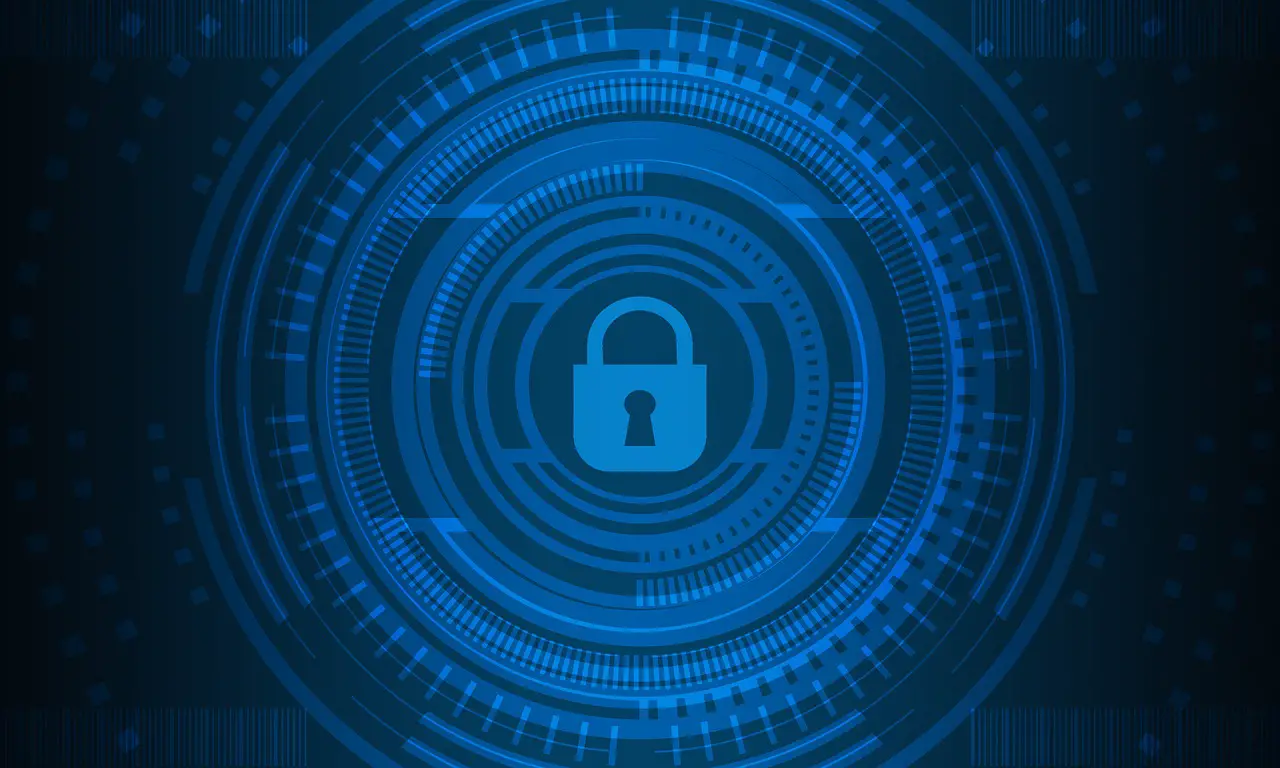General
The Best Ways to Ensure Online Security

The Internet has become an integral part of everyone’s lives that comes with heaps of uses. However, if used wisely it can be the best thing in the world, but if you are not careful of several important factors, then you might fall prey to the dark aspects such as hacking, cybercrimes, viruses, and whatnot.
Do not worry, as we have got you covered with this guide of simple steps you can take to ensure your online security. So, without any delay, let’s get started.
1. Keep a Strong Password
According to the research, one of the oldest and most vulnerable hacking techniques is to use the default passwords of “password” or “123456.” Your likelihood of being hacked increases if your password is something simple to guess, like the name of your dog, the title of your favorite book, or the city where you were born. It is important to use a variety of symbols in a password, such as “?!,” “%,” and “$,” as well as numerals, capital letters, and lowercase letters.
2. Avoid Public Wi-Fi Networks
Hotspots are typically available at cafes, restaurants, and other public spaces where you may connect your phones and other devices to use the internet for free. This opens the door to problems. Connecting your device to the internet through this portal can risk your sensitive data because such open Wi-Fi connections are typically not password protected and can be easily bypassed by any potential hacker. Except in cases of genuine emergency, avoid using public Wi-Fi.
3. Install an Anti-Virus
The most important step is this one. The majority of the time, users leave their computers open to attacks after their anti-virus program’s trial period has ended since they haven’t paid for it. One of the simplest ways to protect your computer is to use anti-virus software. ISPs such as CenturyLink also provide you with antivirus protection. You can contact CenturyLink phone number and inquire all about the safety that comes with their blazing fast internet.
4. Keep Your Cache Clear
You must always delete the Cache on whatever device you use. Websites and web browsers like Chrome and Firefox keep track of your browsing history and your online activities. Your entire online existence may be put in jeopardy if someone can access your data. Make it a routine to occasionally clean your cache.
5. Be Careful About What You Click On
We have frequently been warned not to click on web advertising or download email attachments. How come? The cause is a practice known as “phishing.” When you click on such items, a virus is attached and automatically downloads without the user’s knowledge. Now that the malicious software is installed on the device, hacking may begin. The next time you see anything intriguing yet suspicious, don’t click on it!
6. Avoid ‘Cookies’
Have you ever thought it odd that certain websites seem to know exactly what you want to buy or where you want to travel to? This is so they may recommend solutions since they have been monitoring your online activity. The user can choose not to accept cookies while browsing, however, it should be noted that some websites will restrict the content you can access if you do so. Use search engines like “DuckDuckGo.com” to ensure that you are not tracked if you are concerned about privacy and do not want search engines like Google to follow your movements.
7. Only Open Sites with HTTPS
“Hypertext transfer protocol secure” is what HTTPS stands for. Another, safer option for the HTTP web protocol is HTTPS. Providing an additional layer of encryption to the platform safeguards your data. HTTPS keeps track of bogus and false websites on your behalf and alerts you when a website is not secure.
8. Update Your Passwords Regularly
This is a frequent practice in businesses that handle client-sensitive information. The employees’ passwords expire frequently, and they are required to update them after a predetermined time. They are protected from cyberattacks as a result of this strengthening of their security. You can create different iterations of your password and switch them out periodically to prevent forgetfulness to avoid confusion.
Wrapping Up,
Life has certainly become unimaginable without the internet, but this also brings a great responsibility onto us to be more careful of how we use the internet and not let it cause any damage to us. Hence the aforementioned measures ensure your online safety and can protect you from any loss caused by slight negligence online.









